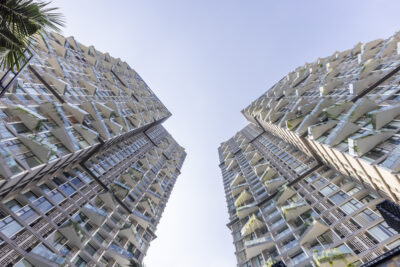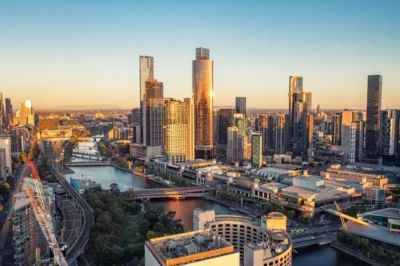What’s next for prime ASEAN housing markets in 2019?
Outlook for Southeast Asia’s top prime residential markets is looking relatively sanguine, according to Knight Frank
Southeast Asian residential property markets will be a picture of resilience next year despite property curbs and other headwinds, Knight Frank suggested in its 2019 outlook for Asia Pacific.
While the region’s economy has faced some headwinds in 2018, most real estate markets remain dynamic with investors and occupiers both continuing to be “active”, said Nicholas Holt, the consultancy’s head of research for Asia-Pacific.
“Heading into 2019, cooling measures, rising interest rates and slowing sentiment is likely to weigh on residential markets, while trade tensions could influence decision making for corporates looking at office space.”
The Indonesian elections will be among the most seminal events to watch next year, Knight Frank noted. Jakarta’s prime residential market is expected to remain quiet until the polls in April and the Ramadan season the following month before it picks up in the second half of 2019.
Otherwise, long-term fundamentals, propelled by infrastructure growth and improving domestic consumption, remain sound for the Indonesian capital. Jakarta’s prime residential prices have risen to IDR61.7 million per square metre in the first nine months of 2018.
The latest tightening policy in Thailand, set for implementation in January, will have a palpable impact on the lower to mid-market segments in Bangkok in 2019, analysts predicted. Prime housing prices in the Thai capital stood at THB353,889 per square metre in the first nine months of the year.
A severe price correction in 2019 is unlikely in Singapore, given the city’s stable economic fundamentals and despite the prime market coming to a “standstill” after the introduction of cooling measures this year, Knight Frank predicted. Prime housing prices in the city rose to SGD3,480 per square foot in the first nine months of 2018, following a strong performance in the first six months.
Up north, Kuala Lumpur’s prime housing market can look forward to more property launches and improving market sentiment next year. However, the market will continue to struggle striking an equilibrium between supply and demand, impinging on price growth as a result, especially with rising financing costs. Exemptions and initiatives such as waivers of stamp duties are expected to kickstart the housing market in 2019.
In Manila, sentiment is expected to remain supportive on further infrastructure spending and improving economic conditions. The Philippines is set to have a GDP growth of 6.7 percent, according to the IMF. Prime Manila home prices stood at PHP290,000 per square metre in the first nine months of the year.
Recommended
Dewan Architects’ Mohammed Adib leads with human-centred design and technological innovation in the Middle East and beyond
Mohammed Adib channels his childhood curiosity and dislike for design uniformity into his work at Dewan Architects + Engineers
UAE real estate shifts focus to sustainability and quality, revitalising iconic projects
The UAE has risen from its challenges to emerge as a more sustainable, quality-focused destination
Exploring A Life By Design’s maximalist approach to interior design
Andrea Savage is embracing the maximalist trend with bold and vibrant interior designs
Jakarta’s emerging innovation hub integrates tech and healthcare sectors
The Digital Hub in BSD City is being positioned as Indonesia’s counterpart to Silicon Valley







